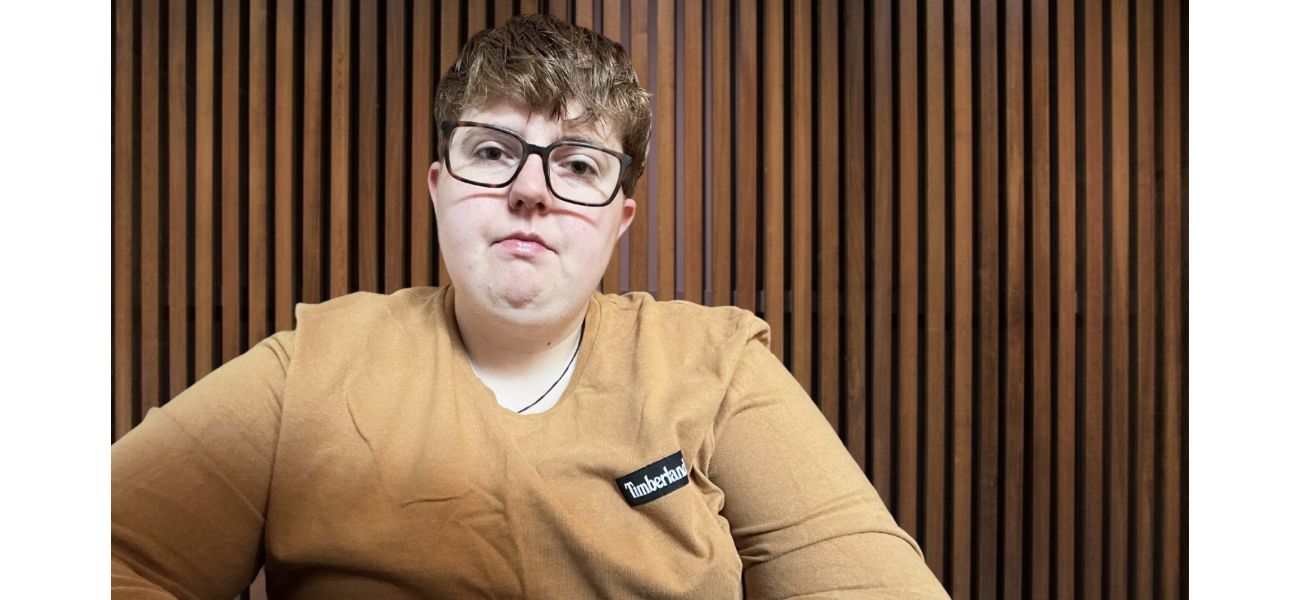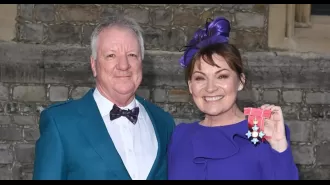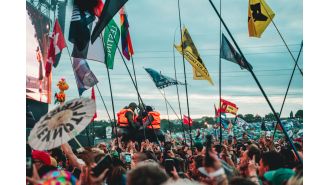I was headed to work and was targeted in a hate crime.
He finished his attack by spitting on my car and then drove off.
October 14th 2024.

It was a regular day in October 2021 when I became a victim of a hate crime based on my sexual orientation. I had driven to a narrow street on the outskirts of Bath city center, as I usually did, to park my car and walk to work. But that day, I encountered another car facing mine. The driver seemed frustrated by my presence and just stared at me, as if wishing me to disappear. I would have turned around if I could, but the street was too tight. I had no choice but to carefully maneuver my car and create enough space for the other car to pass.
As the car passed mine, the driver suddenly started hurling verbal abuse at me. His face was twisted with anger and hatred as he shouted insults at me, calling me a "fat f***ing d**e who can't drive." In that moment, the world around me felt darker and more dangerous. And to add insult to injury, he even spat on my car before driving away. I was completely frozen, shocked not only by his outburst but also by how he targeted my identity in his rage. It was as if my very existence as a queer person had been attacked.
I felt exposed and vulnerable, and the street that I had driven down so many times before suddenly felt unsafe. When I arrived at work, I couldn't focus. I called my wife and explained what had happened, still trying to process the whole ordeal. I was hesitant to report it to the police at first, not wanting to make a "fuss." But as I reflected on the incident, I realized that I had become a victim of a hate crime.
Despite the progress we have made, there are still many people who harbor hatred towards those who do not fit into their idea of "normal." In the UK, a hate crime is defined as any criminal offense motivated by hostility or prejudice towards a person's race, religion, sexual orientation, disability, or gender identity. And unfortunately, I had become a victim of this kind of targeted, homophobic attack.
The fear of being physically attacked or verbally abused for simply being myself became amplified after this incident. It also reminded me that, despite the progress we have made, there are still many people who hold onto their hatred towards those who do not conform to their narrow definition of "normal." I spent the rest of the day grappling with whether or not to report the incident to the police. Part of me wanted to brush it off and move on, but deep down, I knew that this was something I couldn't ignore.
During my lunch break, I made the decision to report it. I went to the police station and gave an account of what had happened. Reliving the experience was difficult, but I felt relieved knowing that it wasn't my fault. The police assured me that they would investigate further and inform me if they needed more information or if anyone else came forward with evidence. Reporting the incident brought some sense of relief, but it didn't make me feel any safer.
In the days and weeks that followed, the weight of that moment lingered over me. Simple tasks like leaving the house or driving to work suddenly felt overwhelming. I was constantly on edge and anxious whenever I went out, feeling like there were threats around every corner. A few days after the incident, I had a panic attack at a social event. Even though I was surrounded by friends, I still felt unsafe.
I have not driven down that street again since that day. The memory is still too vivid, and unfortunately, the situation has only gotten worse since then. Last year, Stonewall released alarming statistics showing a significant increase in hate crimes against trans people and those based on sexual orientation. These are not just numbers; they represent real people whose lives have been affected by hate and prejudice.
That's why I am sharing my story during Hate Crime Awareness Week. I want to remind everyone that hate crimes are not isolated incidents; they are part of a larger pattern of discrimination and violence against marginalized communities. I may never feel as safe as I did before that day, but it has reignited a fire within me and reminded me why visibility, education, and advocacy are crucial.
In March 2023, I started my own company, Questioning Normal, to share my experiences and educate others on creating more inclusive environments. This journey has become about more than just healing from a traumatic experience; it's about using that pain to drive change. Hatred still exists, and its consequences are real. It's easy to think that these things won't happen to us, but the truth is, it can happen to anyone. It's up to all of us to stand up and speak out against hate. Do you have a story to share? Please email me and share your views in the comments below.
As the car passed mine, the driver suddenly started hurling verbal abuse at me. His face was twisted with anger and hatred as he shouted insults at me, calling me a "fat f***ing d**e who can't drive." In that moment, the world around me felt darker and more dangerous. And to add insult to injury, he even spat on my car before driving away. I was completely frozen, shocked not only by his outburst but also by how he targeted my identity in his rage. It was as if my very existence as a queer person had been attacked.
I felt exposed and vulnerable, and the street that I had driven down so many times before suddenly felt unsafe. When I arrived at work, I couldn't focus. I called my wife and explained what had happened, still trying to process the whole ordeal. I was hesitant to report it to the police at first, not wanting to make a "fuss." But as I reflected on the incident, I realized that I had become a victim of a hate crime.
Despite the progress we have made, there are still many people who harbor hatred towards those who do not fit into their idea of "normal." In the UK, a hate crime is defined as any criminal offense motivated by hostility or prejudice towards a person's race, religion, sexual orientation, disability, or gender identity. And unfortunately, I had become a victim of this kind of targeted, homophobic attack.
The fear of being physically attacked or verbally abused for simply being myself became amplified after this incident. It also reminded me that, despite the progress we have made, there are still many people who hold onto their hatred towards those who do not conform to their narrow definition of "normal." I spent the rest of the day grappling with whether or not to report the incident to the police. Part of me wanted to brush it off and move on, but deep down, I knew that this was something I couldn't ignore.
During my lunch break, I made the decision to report it. I went to the police station and gave an account of what had happened. Reliving the experience was difficult, but I felt relieved knowing that it wasn't my fault. The police assured me that they would investigate further and inform me if they needed more information or if anyone else came forward with evidence. Reporting the incident brought some sense of relief, but it didn't make me feel any safer.
In the days and weeks that followed, the weight of that moment lingered over me. Simple tasks like leaving the house or driving to work suddenly felt overwhelming. I was constantly on edge and anxious whenever I went out, feeling like there were threats around every corner. A few days after the incident, I had a panic attack at a social event. Even though I was surrounded by friends, I still felt unsafe.
I have not driven down that street again since that day. The memory is still too vivid, and unfortunately, the situation has only gotten worse since then. Last year, Stonewall released alarming statistics showing a significant increase in hate crimes against trans people and those based on sexual orientation. These are not just numbers; they represent real people whose lives have been affected by hate and prejudice.
That's why I am sharing my story during Hate Crime Awareness Week. I want to remind everyone that hate crimes are not isolated incidents; they are part of a larger pattern of discrimination and violence against marginalized communities. I may never feel as safe as I did before that day, but it has reignited a fire within me and reminded me why visibility, education, and advocacy are crucial.
In March 2023, I started my own company, Questioning Normal, to share my experiences and educate others on creating more inclusive environments. This journey has become about more than just healing from a traumatic experience; it's about using that pain to drive change. Hatred still exists, and its consequences are real. It's easy to think that these things won't happen to us, but the truth is, it can happen to anyone. It's up to all of us to stand up and speak out against hate. Do you have a story to share? Please email me and share your views in the comments below.
[This article has been trending online recently and has been generated with AI. Your feed is customized.]
[Generative AI is experimental.]
0
0
Submit Comment





